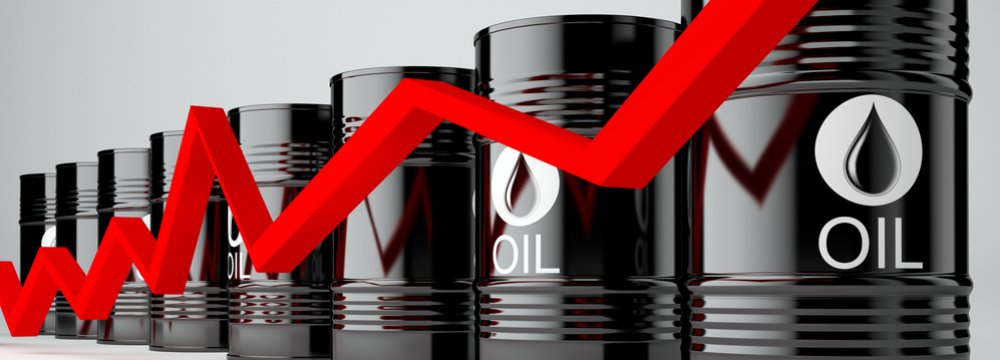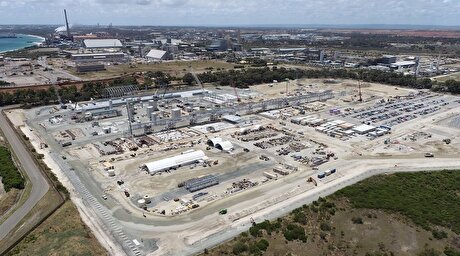
World Bank Sees Oil Prices At $56 Per Barrel Next Year

“Energy prices are recovering in response to steady demand and falling stocks, but much depends on whether oil producers seek to extend production cuts,” said John Baffes, senior economist and lead author of the October Commodity Markets Outlook, Zawya reported.
The oil price forecast is, however, a small downward revision from the bank’s earlier outlook report issued in April.
There is a possibility that output cuts, agreed by members of the Organization of Petroleum Exporting Countries and other non-OPEC states such as Russia, may be extended beyond the March 2018 deadline. Oil output has been curbed by about 1.8 million barrels per day since January.
Oil prices rose about 2% on Friday on the world market, with the bellwether Brent breaching $60 per barrel for the first time since 2015, after top producers Saudi Arabia and Russia declared support for supplies to be cut for another nine months.
An agreement to extend production limits should maintain an upward pressure on prices, the World Bank said.
US shale producers, meanwhile, have pumped 6.12 million barrels a day for the past five months and output is expected to rise for an 11th straight month in November.
Output at the vast Permian shale field is expected to rise to 2.7 million barrels a day by the end of the year, from 2.2 million barrels a day at the beginning of 2017 and to 3.3 million barrels a day by the end of 2018.
Permian and Eagle Ford are the two biggest shale oil basins in the US, delivering about two-thirds of the country’s shale oil production.


Caterpillar sees US tariff hit of up to $1.5 billion this year

Australia pledges $87M to rescue Trafigura’s Nyrstar smelters in critical minerals push

SAIL Bhilai Steel relies on Danieli proprietary technology to expand plate mill portfolio to higher steel grades

Alba Discloses its Financial Results for the Second Quarter and H1 of 2025

Fortuna rises on improved resource estimate for Senegal gold project

Tianqi Lithium Australia JV says it is prioritizing long-term viability of refinery

Fresnillo lifts gold forecast on strong first-half surge

Copper price slips as unwinding of tariff trade boosts LME stockpiles

Why did copper escape US tariffs when aluminum did not?

New research reveals source of world’s richest lithium deposits

Century Aluminum to invest $50M in Mt. Holly smelter restart in South Carolina

Australia to invest $33 million to boost Liontown’s Kathleen lithium operations

Glencore warns of cobalt surplus amid DRC export ban

SSR Mining soars on Q2 earnings beat

A Danieli greenfield project for competitive, quality rebar production

China limits supply of critical minerals to US defense sector: WSJ

Alba Hits 38 Million Safe Working Hours Without LTI

Advanced cold-rolled strip for China’s New Energy Vehicle market

Codelco seeks restart at Chilean copper mine after collapse

Century Aluminum to invest $50M in Mt. Holly smelter restart in South Carolina

Australia to invest $33 million to boost Liontown’s Kathleen lithium operations

Glencore warns of cobalt surplus amid DRC export ban

SSR Mining soars on Q2 earnings beat

A Danieli greenfield project for competitive, quality rebar production

China limits supply of critical minerals to US defense sector: WSJ

Alba Hits 38 Million Safe Working Hours Without LTI

Advanced cold-rolled strip for China’s New Energy Vehicle market

Codelco seeks restart at Chilean copper mine after collapse














